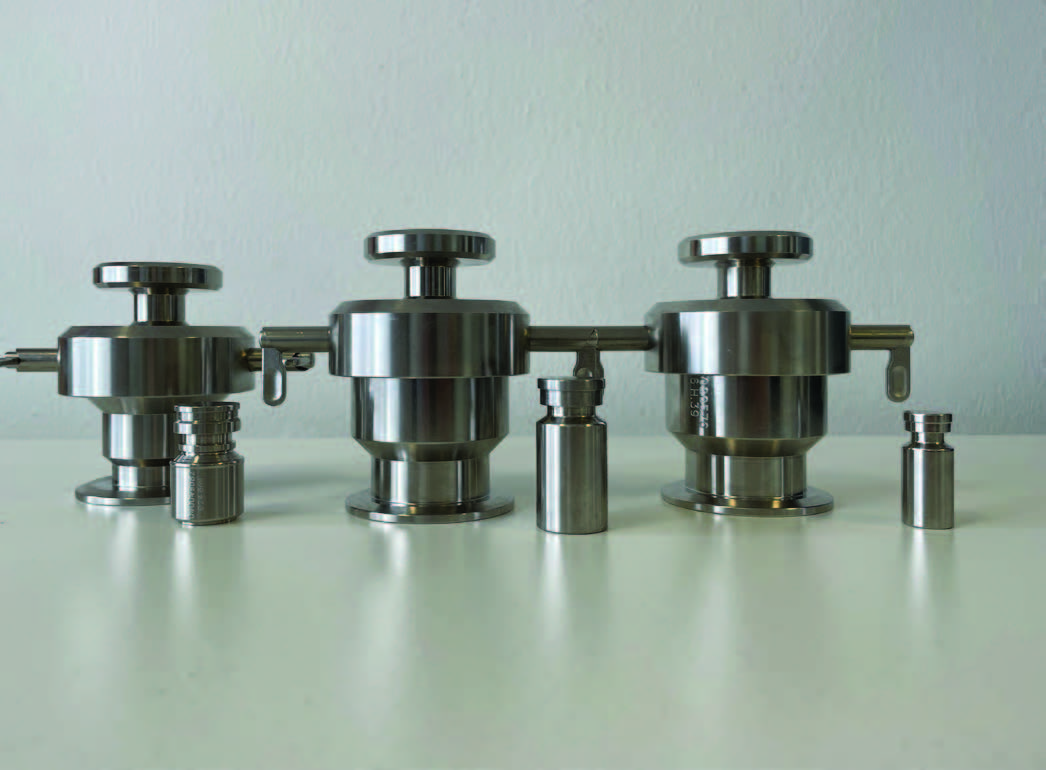Container Closure Integrity Testing for Biologic Drugs with Pressure Decay technique

Salvatore Savino, Ph.D., Packaging Testing Laboratory Manager at Eurofins Biopharma Product Testing Italy, salvatoresavino@eurofins.com
 Assuring the sterility of a parenteral drug product, prior to any human use, is a mandatory regulatory requirement. Sterile products should not contain contaminants caused by microorganisms, gases or debris, and the chosen Container Closure System (CCS) has to prevent the ingress of such substances throughout the entire shelf life. The ability of the CCS to maintain the integrity of its physical barrier, and hence the sterility of a drug product, has to be demonstrated through Container Closure Integrity Tests (CCIT).
Assuring the sterility of a parenteral drug product, prior to any human use, is a mandatory regulatory requirement. Sterile products should not contain contaminants caused by microorganisms, gases or debris, and the chosen Container Closure System (CCS) has to prevent the ingress of such substances throughout the entire shelf life. The ability of the CCS to maintain the integrity of its physical barrier, and hence the sterility of a drug product, has to be demonstrated through Container Closure Integrity Tests (CCIT).
Biologic Drugs (BDs) are products that are manufactured from living organisms or contain their components. Due to the nature of these products, they often contain large molecule ingredients such as proteins, other biologics polymers, and sometimes entire cells. The main challenge of the CCIT on this type of drug product is ensuring that these ingredients do not affect the defect detection capability of the method. For example, during the testing of liquid-filled packaging with the Vacuum Decay technique, the test vacuum conditions may trigger some substances to solidify inside leak paths, causing a false negative result.
A common CCI technique applied to the BDs is the High Voltage Leak Detection, but this has some limitations related to the physical state of the product, as it can only be used for liquid products, and to the type of packaging tested.
The R&D work at Eurofins BioPharma Product Testing Italy led to the development of the Pressure Decay technique as a valid approach for testing the integrity of CCS used as primary packaging for different protein-based BDs.
This analytical technique proved to be effective at overcoming some critical issues that usually occur during the CCI method validation, demonstrating the following advantages:
- Leak detection both in the headspace and below fill level.
- Suitable for test products with different physical states (e.g. powders or liquid products).
- Not affected by the presence of moisture on the package.
- Exploitable in leak detection in packages with different materials, including leaks into the material-change region (e.g. glass vials stoppered with a metal crimp cap).
- Non-destructive testing.
For more information, visit: https://admin.european-west.eurofins.com/media/12155224/ebr_article_pressure_decay_ebpt_italy_2022.pdf















































